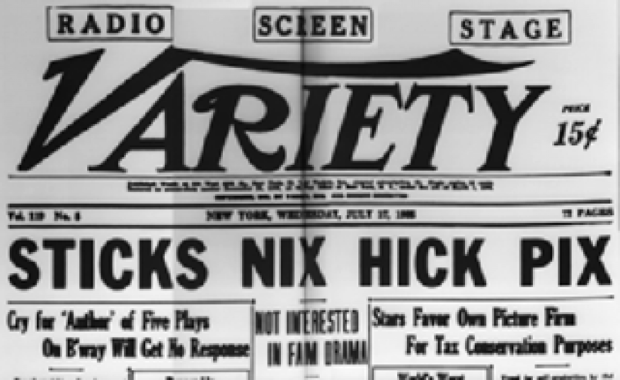My father was a devoted reader, especially of William Faulkner, Thomas Wolfe, James Thurber, and Rex Stout, and like Stout’s detective Nero Wolfe (see buckram) he was a language precisionist. Looking up from a Phoenix Gazette news story headlined “Murderer Executed,” he might say something like “you know, it ‘s not the criminal who’s executed. He’s electrocuted in the chair, or gassed. It’s the sentence of death that’s executed.”
In this, my father was not quite right. According to the OED, the word’s “put a criminal to death” meaning goes back centuries. Historically speaking, it’s as well established as the meaning “carry into effect the intention of a law or a judicial sentence.” And yet my father was right that the root sense of “execute” is to do something, to follow something out to completion; the Latin words from which the word derives are ex (“out”) and sequi (“follow”). All the derivatives of “execute” partake of this general meaning. For example, the file extension .exe marks an executable file, that is, a program which runs and does something (if you’re lucky), while the executor or executrix of a will carries out its provisions. (Nowadays, at least in Massachusetts, these two terms have been supplanted by the blander but gender-neutral “personal representative.”)
And then there is “executive,” meaning a person who manages the affairs, directs the actions, of a business. Though an executive himself, in the construction industry, my father always felt out of place in American business and viewed his fellow executives with a certain skepticism. He would have been sarcastic about how the word in its adjective form has recently been employed. It’s become a marketing tool, an all-purpose honorific, a brand. Consider “executive house” and “junior executive house,” standard terms in the real estate industry for relatively modest but well-appointed dwellings. “Executive” is pure status symbol here, subliminally conveying the idea that living in the right sort of dwelling will automatically confer executive-suite or at least larger-cubicle stature. But what sort of status is being conferred in the title of the economy parking operation which my wife and I patronize when we fly from our local airport, “Executive Valet Parking”? Do we become executives by virtue of the act of leaving our Subaru and boarding the shuttle bus? It’s clear that this “executive” means nothing, really. It’s like other advertising honorifics, “A-1,” “Veribest,” “Tiptop,” and as such is silly enough, an exercise in sheer brazen meaninglessness. But finally it’s not as silly as the “executive” I once encountered in a delicatessen, waiting for my sandwich to be made. I glanced idly into the cold case and saw there displayed, among the plastic-wrapped sausages and hams and cheeses, something proudly labeled “Executive Turkey Breast.” What marketing executive thought that name up, I wondered.







